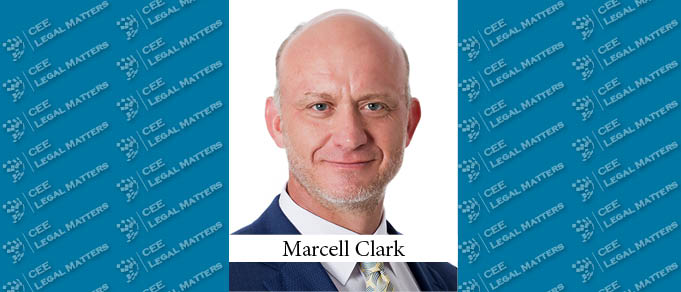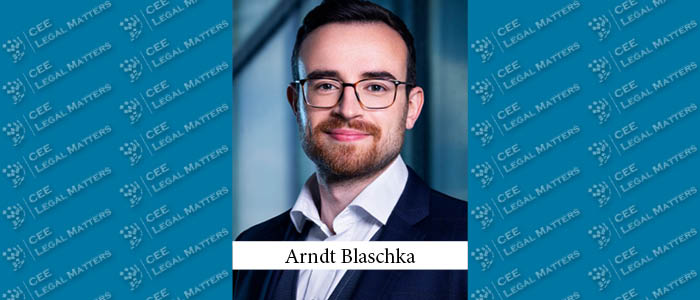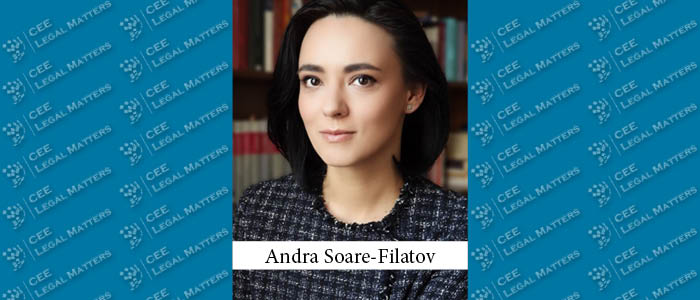The title of this editorial is a famous song by the Spencer Davis Group – though it makes me wonder if they were CEE in-house lawyers singing to their CEOs.
OK, I am biased when it comes to this issue. Although I am now a partner with Dentons, based in Bratislava, and have been with the firm since 2007, prior to that I was an in-house lawyer (Associate General Counsel at Teachers Insurance and Annuity Association of America, known by the acronym TIAA (although the investment arm of TIAA has now been rebranded to Nuveen)) in Charlotte, North Carolina, and New York.
In my professional experience, businesses that value their in-house legal teams, give them sufficient independence, and demand more from them, achieve superior results. Although there are always exceptions, well-run, top financial institutions in the United States have in-house legal teams that are respected, given significant responsibility, and paid accordingly. In-house lawyers usually have extensive experience as outside lawyers before moving in-house and are fully engaged in the business of their companies. This means that not only are they responsible for general legal tasks related to making sure their companies are in compliance with applicable law, but they are also – at the very least – relied upon to assess and manage legal risk. If they are able to do these tasks effectively and garner the trust of their business teams, they are also increasingly likely to be brought into key strategic decisions, so that they are not only helping to run the railroad, but also helping to decide where and what new tracks should be laid.
As an in-house lawyer, I was drawn into transactions and new business initiatives right from the start, and I accompanied those transactions and initiatives through their lifetimes. This meant working closely with the business teams in structuring deals, drafting term sheets, preparing for investment committee approval, and of course advising on legal aspects if requested to do so by the committee, before the commitments were signed with the counterparty or any outside documentation to implement the transaction or initiative had begun. It also meant that the decision to select outside counsel was made by (or on the recommendation of) the in-house legal team. We were expected to know those lawyers and firms best suited to make transactions or initiatives successful and to be able effectively to communicate the goals and the “company way” to those outside lawyers. In effect, we were responsible for all the legal aspects – but crucially, commensurate with that responsibility, we were also empowered by the business to be in a position to properly assess a given situation so that the company could make an optimum decision, and if it was necessary, to say “No” or “Not like that, but like this” to protect the company.
I have now had the opportunity to work as an outside lawyer in CEE for 13 years. When I first moved to the region, I was surprised that some businesses did not put their in-house lawyers in positions to succeed and appeared not to value their input. While I have seen significant improvement during this time and many institutions do a great job in utilizing their lawyers, there is still work to be done. In situations where the in-house lawyers were sidelined and an adequate corporate structure was not in place, I saw fully-executed term sheets where the business was not even legally permitted to carry out the transaction, and key points that were not properly thought through … or even recognized. In other instances, businesses brought their in-house lawyers into a transaction only at the end of the process, and because those lawyers had not been included in the deal formulation and negotiation, they were not in a position to understand it and could not speak meaningfully about the deal, let alone raise critical objections. Needless to say, such situations are sub-optimal and can be disastrous. Some of those businesses no longer exist.
The issue is not one-sided. As much as CEE businesses should empower their in-house legal teams to be effective, it is imperative that the in-house lawyers and their leaders earn the trust of the business teams by understanding their roles and by staying ahead of the game through close communication and anticipating legal and strategic needs.
In summary, CEE businesses would be well served to value their in-house lawyers more consistently and to give them a greater opportunity to succeed. Likewise, my in-house legal colleagues must energetically seek out ways to ensure that they can more effectively fulfill their roles.
By Marcell Clark, Partner, Dentons Bratislava
This Article was originally published in Issue 7.3 of the CEE Legal Matters Magazine. If you would like to receive a hard copy of the magazine, you can subscribe here.
























